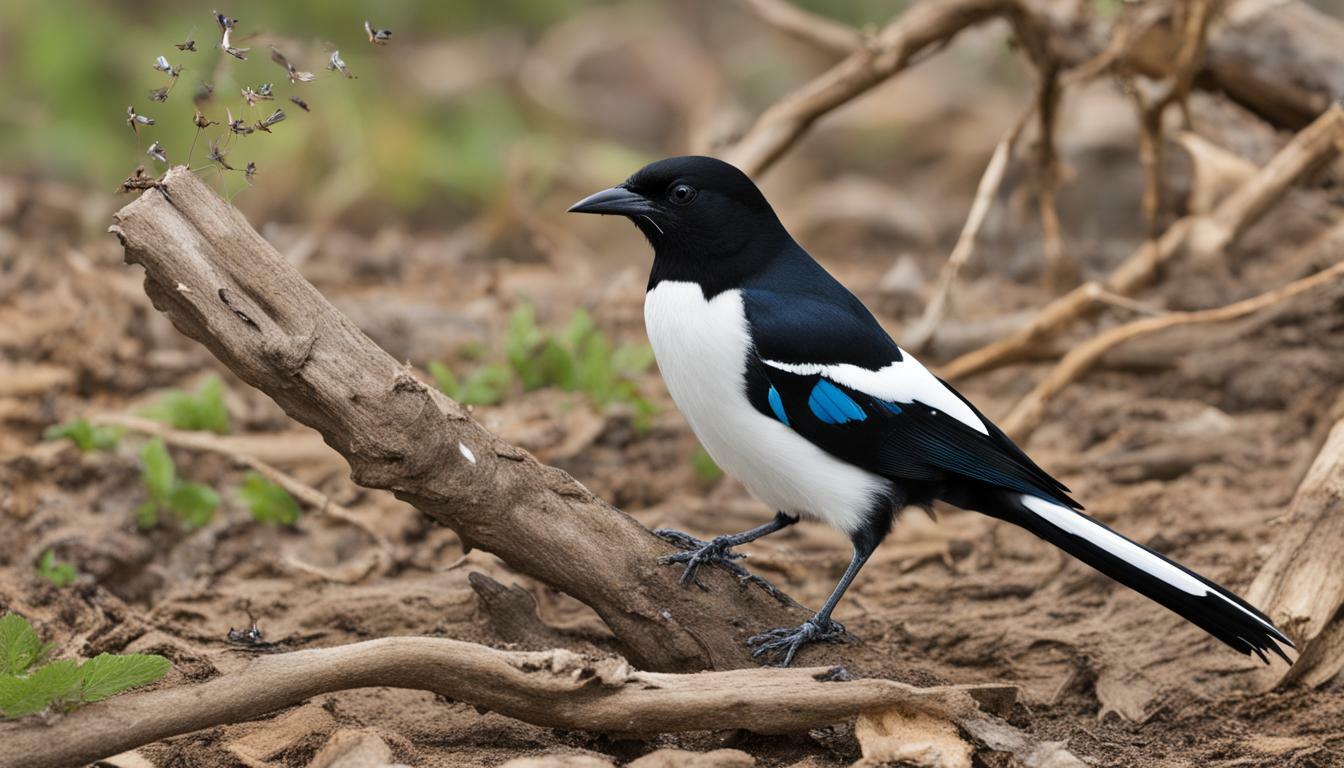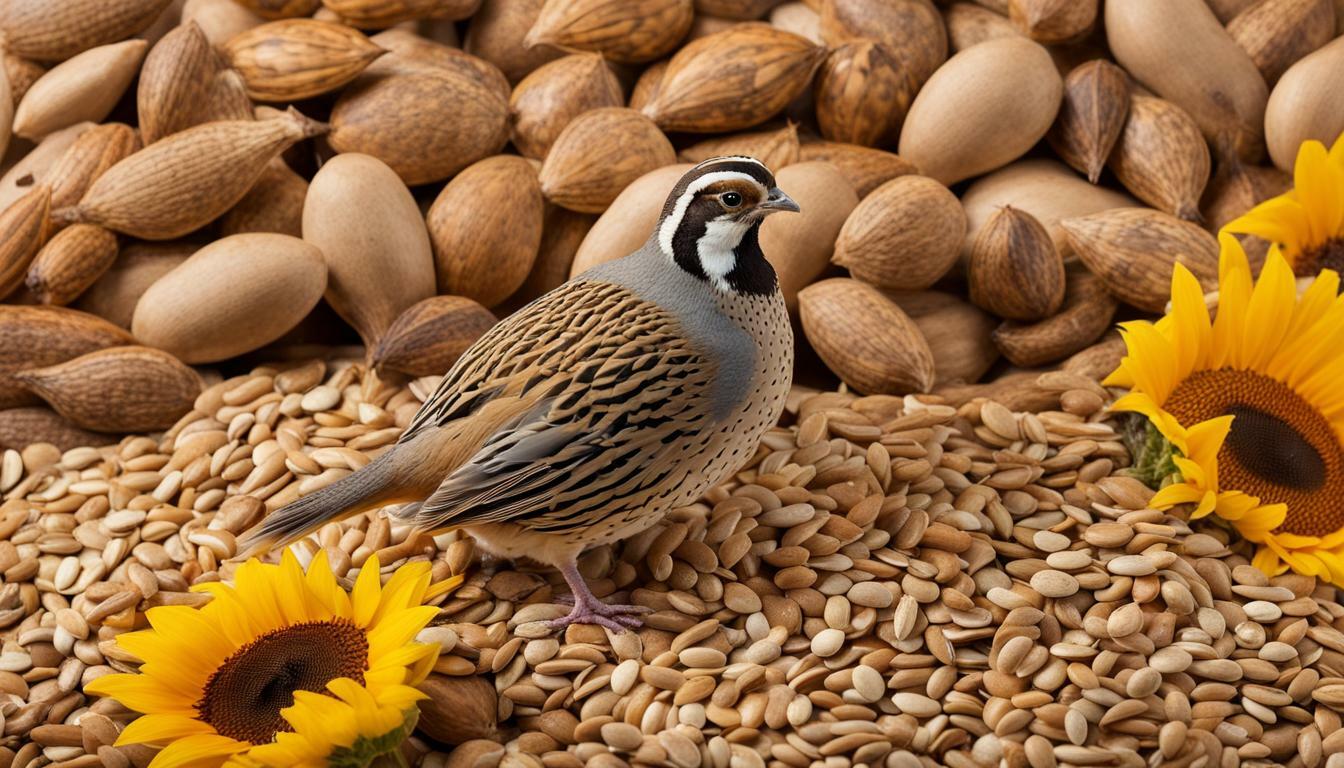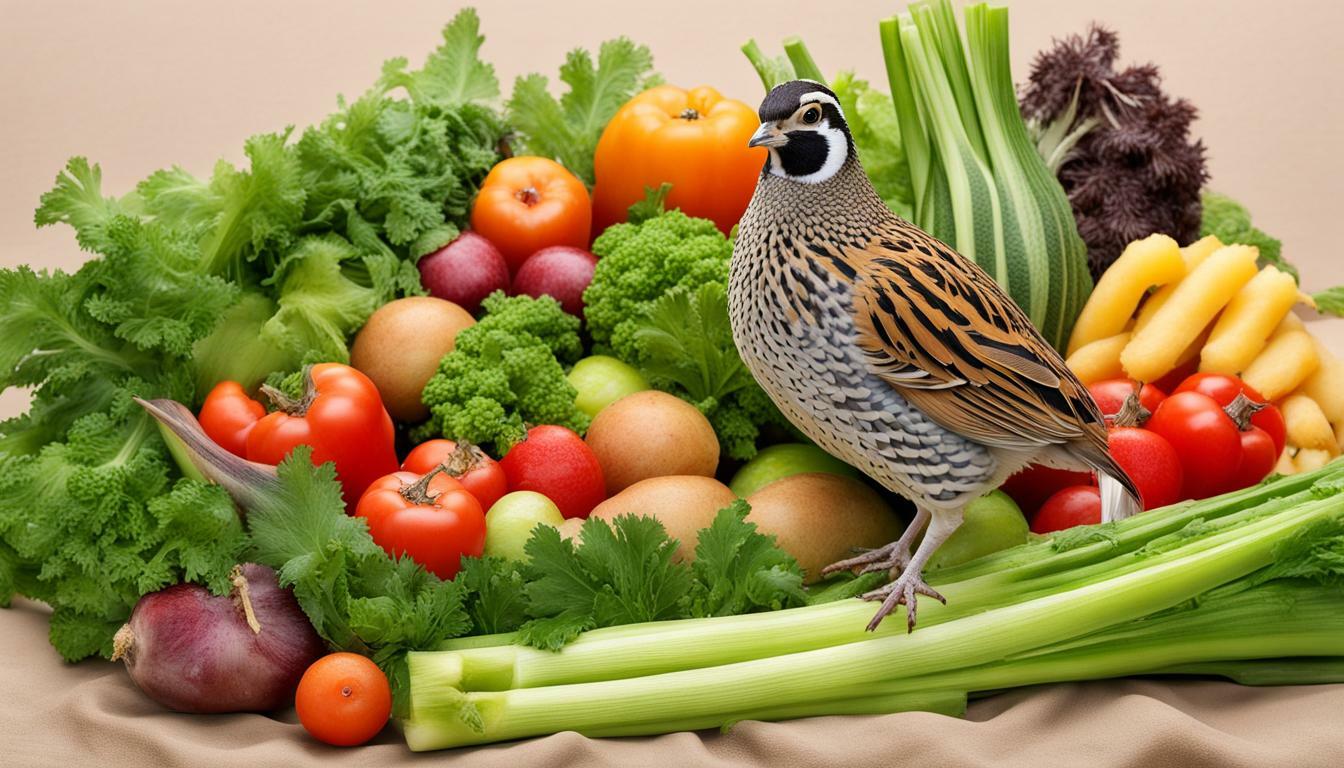Do Magpies Eat Other Birds? Explore Their Diet and Habits

Table of content:
Magpies are opportunistic and intelligent birds that have a varied diet consisting of both plant and animal matter. Their feeding habits and interactions with other birds often lead people to wonder – do magpies eat other birds?
Do magpies kill other birds?
Magpies are predators and have been known to kill and eat other birds, especially songbirds and smaller backyard birds. However, the majority of a magpie’s diet consists of insects and plant matter. Bird predation makes up a relatively small portion of their overall feeding habits.
Magpies are highly opportunistic and will eat whatever food is most readily available. This includes insects like beetles, caterpillars, ants, and flies. It also includes fruits, seeds, nuts, eggs, small mammals, and carrion. While magpies do kill and eat other birds at times, this does not make up a significant part of their diet.
Do magpies attack small birds?
Yes, magpies will sometimes attack and prey upon smaller birds, especially during the spring nesting season. Some of the bird species targeted by magpies include:
- Songbirds – robins, thrushes, warblers, finches
- Backyard birds – chickadees, nuthatches, titmice
- Game birds – quail chicks and eggs
- Fledglings and juvenile birds – young robins, jays, crows
Magpies are especially likely to attack and eat eggs and baby birds in nests. However, healthy adult birds are generally safe from magpie attacks, as they can defend themselves and their nests from predators.
Magpies themselves can fall prey to larger predatory birds including eagles, hawks, falcons, and owls. This helps keep magpie populations in balance.
Why do magpies attack birds?
There are a few key reasons why magpies will prey on other birds:
- Opportunistic feeding – Magpies are omnivores and will eat whatever food sources are readily available, including eggs and baby birds.
- Nest predation – Magpie attacks increase during spring as they raid nests for eggs and chicks. This provides a protein-rich food source.
- Territoriality – Magpies are highly territorial and will chase away other birds seen as Competition for food and nesting sites.
- Predator mobbing – Magpies may attack adult birds that get too close to their nest in an attempt to chase the perceived predator away.
- Carrion feeding – Magpies scavenge carcasses and may kill sick/weak birds to eat as carrion.
Overall, magpie attacks on birds arise from normal predatory and territorial behaviors rather than unnecessary aggression. They aim to acquire nutrition, protect resources and their young, and reduce competition.
What birds do magpies eat?
Magpies are opportunistic predators and eat a wide variety of small animals including insects, rodents, reptiles, amphibians, eggs, and chicks. Some specific types of birds eaten by magpies include:
- Songbirds – robins, warblers, sparrows, thrushes
- Backyard birds – chickadees, nuthatches, titmice
- Game birds – quail, grouse chicks & eggs
- Shorebirds – plovers, sandpipers
- Raptors – small owls, kestrels
- Waterfowl – ducklings, goslings
- Larids – gull chicks
The most vulnerable birds are the young, injured, or easy to catch. Healthy adult birds are more challenging prey.
Along with live birds, magpies also scavenge on bird carcasses and raid nests to eat eggs. This supplements the small mammals, fruits, seeds, nuts, and invertebrates in their diverse diet.
Do magpies eat baby birds?
Yes, magpies do sometimes eat baby birds or nestlings. Nest predation is a common feeding strategy, as baby birds and eggs provide a protein-rich, easy-to-catch food source for magpies throughout the spring nesting season.
Some key facts about magpies eating baby birds:
- Magpies raid songbird nests and eat nestlings, fledglings, and eggs.
- Ducklings, goslings, and game bird chicks are also targeted.
- The magpie’s strong beak allows them to crack or puncture eggs and tear apart chicks.
- parental nest defense is often ineffective against the magpie.
- Loss of a brood can be devastating for the parent birds.
- Surplus killing may occur with magpies destroying but not eating all chicks.
While disturbing, this behavior provides crucial nutrition for magpie chicks and is an engrained part of magpie breeding biology. It underscores the need for proper nest placement and parental vigilance when birds are most vulnerable.
Do magpies eat eggs?
Yes, magpies frequently eat the eggs of other birds. Eggs provide an excellent source of protein and nutrients for magpies, especially in spring when female magpies are laying their own eggs and require extra nutrition and calcium.
Some key points about magpies eating eggs:
- Magpies raid nests of songbirds, gamebirds, and waterfowl for eggs.
- Their sharp beaks allow them to puncture even toughened eggs like those of raptors.
- Entire clutches may be destroyed as parents are chased away.
- Magpies will also eat broken/abandoned eggs they find while scavenging.
- Loss of a clutch can critically impact breeding success.
- Surplus killing may also occur with eggs destroyed but not eaten.
Fortunately, well-hidden and well-protected nests have a good chance against magpie raids. Also, most birds will re-nest and lay again if a clutch is lost early enough in breeding season.
What is a magpie’s diet?
Magpies are omnivorous birds that eat a wide variety of plant and animal material. Their diverse diet includes:
- Insects – caterpillars, beetles, ants, flies, spiders
- Fruit – berries, apples, figs, citrus
- Seeds and grains
- Nuts – acorns, almonds, walnuts
- Small mammals – mice, voles, moles
- Eggs and chicks
- Carrion
- Reptiles – lizards
- Amphibians – frogs, toads
Their strong beaks allow them to crack hard food items like snails, nuts, and acorns. Magpies also cache excess food in shallow holes or crevices for later recovery.
Although magpies eat other birds on occasion, particularly eggs and nestlings, this comprises a small portion of their total diet. Their feeding habits are highly opportunistic based on seasonal food availability.
Are magpies predators?
Yes, magpies are predatory birds that hunt and kill live prey including insects, small mammals, reptiles, eggs, and nestlings. However, they do not rely on animal meat as their sole food source.
As opportunistic omnivores, magpies consume a flexible diet consisting mainly of plant material supplemented by protein-rich animal prey. Carrion from bird and mammal carcasses also provides nutrients.
Some key points about magpies as predators:
- They employ various hunting strategies to capture live prey.
- Strong bills allow them to kill and tear apart animal matter.
- Nestlings and eggs are common targets in spring.
- They attack from surprise by stealthily approaching prey.
- Healthy adult birds can usually evade their strikes.
- They help control populations of rodents, insects, and other birds.
So while predatory habits are part of their normal behavior, magpies do not exclusively eat other animals or birds. Their diverse diet makes full use of available food resources.
Are magpies omnivores?
Yes, magpies are omnivorous birds that eat a varied diet including both plant and animal matter. They are opportunistic foragers, taking advantage of any readily available food sources.
Some examples of magpie omnivorous feeding habits:
- Plants – Fruit, berries, seeds, nuts, grains
- Insects – Beetles, caterpillars, ants, flies, spiders
- Eggs & chicks – Especially during nesting season
- Carrion – Prey remains and carcasses
- Small mammals – Mice, voles, young rabbits
- Reptiles & amphibians – Lizards, snakes, frogs, toads
Their versatile beaks allow them to crack hard nuts, tear flesh, and probe into crevices for food. Caching excess food is also a survival strategy.
Magpies’ omnivorous abilities let them adapt to seasonal food availability. While they occasionally prey on birds and eggs, their diet consists predominantly of insects, fruit, and plant material.
Do magpies eat mice?
Yes, magpies do eat mice. Mice provide a good source of protein and fat for magpies. Some key facts:
- Magpies prey opportunistically on small rodents like mice, voles, shrews.
- They will kill and eat juvenile mice most easily. Adults may be scavenged.
- Mice can be caught alive by magpies through stealth ambush.
- Strong magpie beaks crush mouse skulls and bodies.
- Surplus killing of multiple mice sometimes occurs.
- Eating mice helps control rodent pest populations.
- Rodents comprise a supplemental part of the magpie diet.
So while magpies do consume mice for nutrition, mammals make up a relatively small portion of their varied omnivorous diet. Insects, fruits, seeds, eggs, and carrion are more primary food sources.
Conclusion
In summary, while magpies are opportunistic predators that will eat eggs, nestlings, and occasionally adult birds, this comprises a small portion of their diet. As generalist feeders, magpies mainly consume plant material, insects, rodents, carrion, and other readily available foods. Their predatory habits help provide protein for their young and control pest populations.
However, healthy adult birds can usually escape magpie attacks through vigilance, nest defense, and predator mobbing. Understanding the balance of magpie feeding ecology is key to appreciating their role in the environment.
Welcome. I’m Adreena Shanum, the proud owner of this website, and I am incredibly passionate about animals, especially poultry. I founded adreenapets.com as a labor of love, stemming from my desire to share my knowledge and experiences with poultry enthusiasts worldwide.




